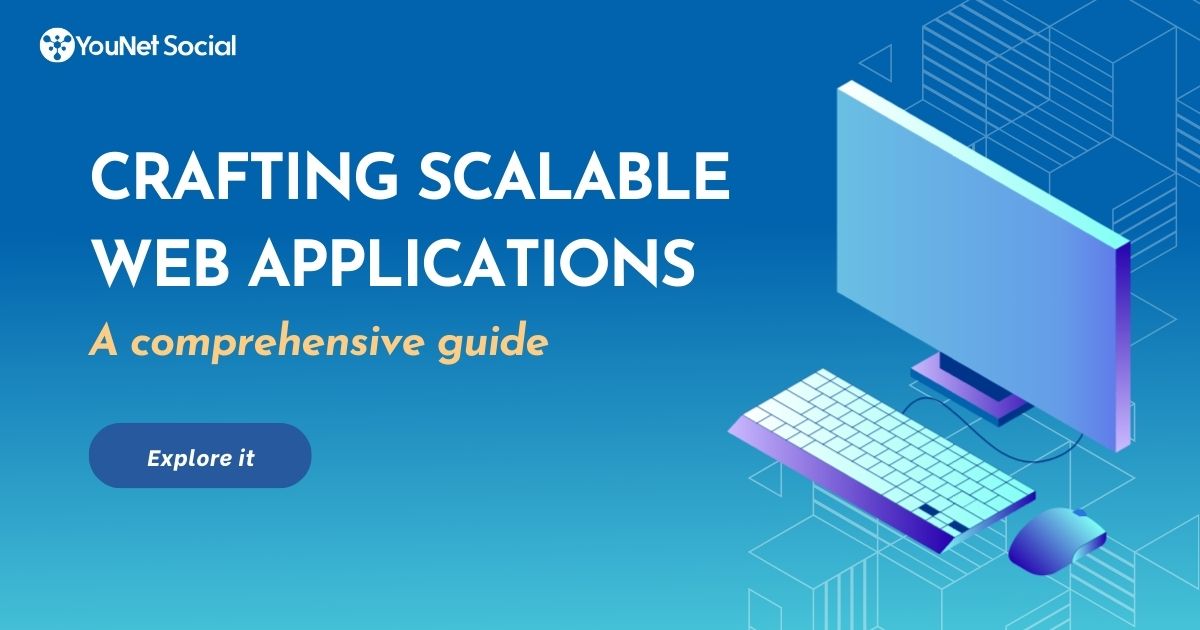

Enterprise Resource Planning (ERP) systems have become essential tools for modern business operations. However, several persistent myths continue to create confusion and hesitation among organizations considering ERP implementation. Let’s debunk these misconceptions and uncover the truth.
1. “ERP Systems Are Only for Large Enterprises”
Gone are the days when ERP systems were exclusively for large corporations. Today’s market offers highly scalable solutions designed specifically for small and medium-sized businesses. According to a recent Gartner study (source), cloud-based ERP adoption among small businesses has grown dramatically in recent years. Modern ERP solutions now offer flexible, modular options that allow smaller organizations to start with essential features and expand as they grow, making enterprise-grade capabilities accessible to businesses of all sizes.


2. “ERP Implementation Is Too Expensive”
While ERP implementation requires investment, it’s important to consider the long-term value rather than just the initial costs. Modern cloud-based solutions have transformed the pricing landscape, offering subscription-based models that significantly reduce upfront expenses. The key is understanding that ERP is an investment in your business’s future. Cloud solutions, in particular, have made ERP more accessible by eliminating the need for extensive hardware infrastructure and allowing organizations to pay for only what they need.
3. “The Implementation Process Is Quick”
One of the most dangerous myths is underestimating the time required for proper implementation. A successful ERP deployment isn’t just about installing software – it’s about transforming your business processes. While timelines vary based on organization size and complexity, rushing the implementation process often leads to costly mistakes. The key is careful planning, thorough testing, and comprehensive training. Remember, a well-planned implementation that takes longer is far better than a rushed one that creates long-term problems.
4. “ERP Systems Are Too Complex for My Team”
Modern ERP solutions prioritize user experience and intuitive design. Today’s systems feature user-friendly interfaces, mobile accessibility, and built-in learning tools that make adoption much easier than with legacy systems. The key to success lies in proper training and change management. When implemented correctly, with appropriate training programs and support systems, teams typically adapt to new ERP systems quite smoothly.


5. “ERP Is Only About Technology”
Perhaps the biggest misconception is viewing ERP implementation as purely a technical project. In reality, it’s a business transformation initiative that happens to involve technology. Successful implementations require equal focus on people, processes, and technology. According to Deloitte’s Digital Transformation Survey (source), organizations that approach ERP as a business transformation initiative see significantly better results than those focusing solely on technical aspects.
6. “Customization Is Always Necessary”
Modern ERP systems come with robust industry-specific features that often eliminate the need for extensive customization. While some customization might be beneficial, excessive modifications can lead to increased costs and complications during updates. The best approach is to first understand the system’s standard capabilities and only customize what’s truly essential for your business’s competitive advantage.
7. “ERP Implementation Will Solve All Problems Immediately”
ERP systems are powerful tools, but they’re not magic solutions. Success depends on realistic expectations and understanding that benefits materialize over time. The truth is that ERP implementation is just the beginning – the real value comes from continuous optimization and proper utilization of the system’s capabilities. Setting realistic goals and measuring progress systematically helps organizations achieve better outcomes.
8. “ERP Implementation Doesn’t Need Employee Involvement”
Employee engagement is crucial for ERP success. McKinsey’s research (source) shows that transformation projects with strong employee engagement are significantly more likely to succeed. Involving employees from the start, incorporating their feedback, and ensuring proper training are essential elements for successful implementation. Remember, your employees are the ones who will use the system daily – their buy-in and comfort with the new system are crucial.
9. “Post-Implementation Support Isn’t Necessary”
The go-live date is just the beginning of your ERP journey, not the end. Successful organizations understand that ongoing support, maintenance, and optimization are crucial for long-term success. This includes regular updates, continuous training, and process refinement based on user feedback. Having a strong support system in place ensures your organization continues to maximize the value of your ERP investment.
Conclusion
Understanding these misconceptions is crucial for organizations planning ERP implementations. Success lies in approaching ERP implementation as a strategic initiative, maintaining realistic expectations, and committing to continuous improvement throughout the journey.
About YouNet Social: At YouNet Social, we specialize in guiding organizations through successful business solutions. Our experienced team ensures your ERP journey aligns with your business objectives and delivers measurable results.
Ready to start your ERP journey? Contact us today for a comprehensive assessment of your needs.




